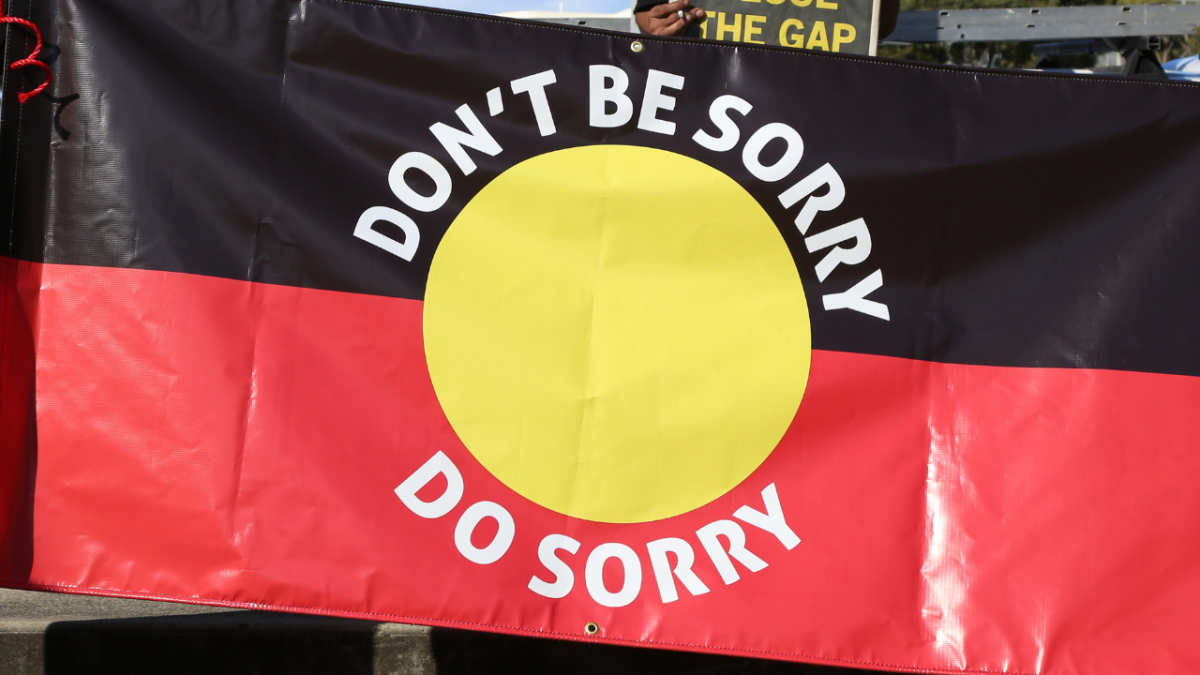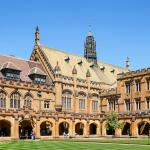
The South Australian government is removing Aboriginal children from their families and placing them in foster care at such alarming rates that, if this keeps up, the numbers will rival those of children taken from their families during the Stolen Generations. Fkn yikes.
A report released by South Australia’s Commissioner for Aboriginal Children and Young People April Lawrie found the state government isn’t properly implementing the Aboriginal and Torres Strait Islander Child Placement Principle (ATSICPP), which is designed to ensure Aboriginal children are only removed from family as an *absolute last resort*.
However, Lawrie found that in 2020 to 2021, one out of every two Aboriginal children in South Australia were the subject of at least one child protection notification — compared to one out of every 12 non-Aboriginal children. Shockingly, one in three Aboriginal children were reported to child protection authorities before they were even born.
“In South Australia, it is predicted that without change, by 2031 there will be as many as 140 of every 1,000 Aboriginal children in state care,” the report states.
“If this predicted increase is realised, Aboriginal children will be being removed in numbers close to those of the Stolen Generation, the historical, systemic removal of Aboriginal children from their families.”
Lawrie told ABC News that the stats were “alarming”.
“Every effort needs to be put in place with regards to the enshrinement of the wider form of the Aboriginal and Torres Strait Islander Child Placement Principle,” she said.
Given that, just recently, a report was released about the rampant sexual abuse of children in state government institutions (in this case it was about Tasmania), this conversation is important now more than ever.
The stats are even more alarming given the number of Aboriginal child in out of home care has doubled since Kevin Rudd‘s 2008 apology. Indigenous activists have been calling out the foster care system as a modern day Stolen Generations for years.
One such activist, Bundjalung Widubul-Wiabul woman Vanessa Turnbull-Roberts, was 10 and a half years old when she was removed from her family by welfare and child protection — or “family policing”, as she calls it — and she’s only in her mid twenties.
Vanessa spoke to PEDESTRIAN.TV earlier this year about the sinister nature of foster care — specifically how it is an extension of the bodies responsible for the Stolen Generations. In her eyes, the Stolen Generations never really ended, and these stats certainly seem to be proving her point.
In her experience, state intervention felt violent and hostile. She was taken away from her family in the middle of the night by police officers, and felt this wasn’t done in the best interest of her family.
While she acknowledged that some people are mandatory reporters, she called for us to interrogate why we think state government can give better care to Aboriginal children than their own community — especially a government with a genocidal history, that doesn’t seem committed to undoing its own wrongs.
“We have so much to answer to with our own laws, particularly the 2018 [law to] dispense parental consent when it comes to adoption,” Vanessa told PTV.
“It disproportionately targets Aboriginal Torres Strait Islander children in out of home care, who can be adopted out without the consent of their parents. And what we tend to see is the fast tracking of this process, because there’s this narrative, which was the objective of pushing through this legislation, that children deserve to belong, implying that Aboriginal children don’t.
“It’s a lot of white people adopting our babies. And it’s harmful, because it’s another Stolen Generation, and it’s another generation of our children being completely missed and [losing] that access to culture and identity and community.
“We’ve got a long way to go. But in terms of reimagining child protection and family policing, we need to abolish it because it does not work.
“Reform implies that some things are working, but it’s not working. So I believe we need to not be so scared of abolition, not be afraid to visit it, and recognise that there’s actually small ways as a community, and also big ways structurally where we can work towards that. It’s not scary.”
If you want to learn more about holistic alternatives to state care, read our interview with her here.
Image: Richard Milnes/Pacific Press/LightRocket via Getty Images



